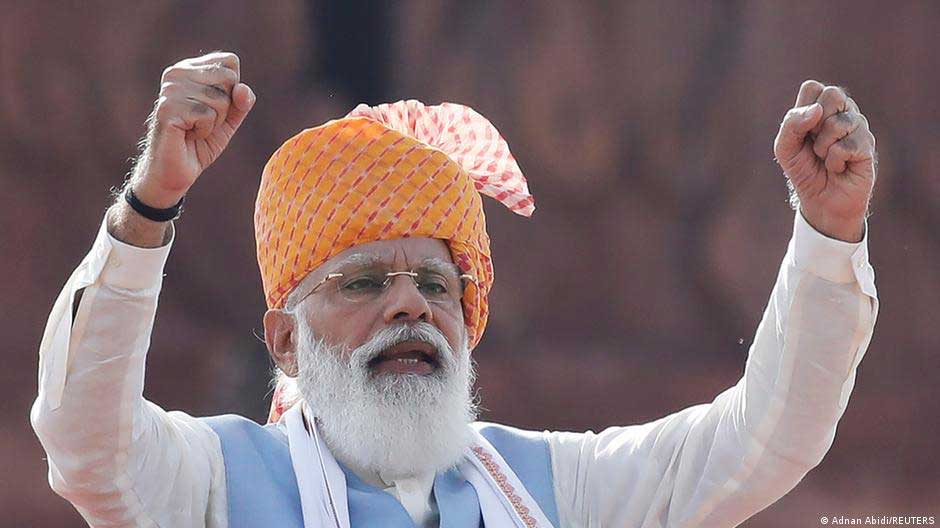Double-facedness is not supposed to be a virtue. But the line between virtue and vice no longer holds in New India whose elected political regime thrives on presenting ‘two faces’ to the nation and the world. The evidence of this is not difficult to find. India signed, along with the G7 bloc and four other nations, the ‘2022 Resilient Democracies Statement’, pledging to uphold the “freedom, independence and diversity of civil society actors” as well as protect free speech. The event — the irony is stark — coincided with the Narendra Modi government baring its fangs to this very constituency and other dissidents. Mohammed Zubair, one of the founders of AltNews, a fact-checking portal that calls the bluff on fake news, has been arrested by the Delhi police for allegedly hurting ‘religious sentiments’; Teesta Setalvad, a human rights lawyer, and the former police officer and whistle-blower, R.B. Sreekumar, have met the same fate after an uncharacteristically caustic observation by the apex court; Twitter has confessed that it has received requests from the Centre to act against handles of the government’s critics; meanwhile, in Maharashtra, a Shiv Sena politician fire-fighting the ‘rebellion’ has received the knock from investigative agencies.
The audacity with which this regime undermines democracy while invoking its hallowed principles is striking. There is the occasional international censure: India has been ranked poorly on registers of freedom and democracy in recent years. But that has not stopped guardians of democracy from, quite expectedly, putting economic and strategic interests above the erosion of India’s democratic edifice. The domestic audience also remains inert to the implosion that is ably assisted by a supine media and influential institutions that create effective smokescreens against the dismantling of freedoms of specific groups. What India is undergoing is not different from the global experience: ‘elected autocracies’ are on the rise around the world. But what makes the Indian experience significant as a case study is the remarkable public indifference to the government’s unabashed hypocrisy. This is interesting because this polity, which had risen against a colonial State, has had the distinction of throwing out authoritarian regimes before: the Congress’s fate after the Emergency is a case in point. This can only mean that Mr Modi and the Bharatiya Janata Party are reaping the fruits of deeper transformations on the ground. Unless these changes are understood and resisted, India’s democracy will remain markedly poorer.











